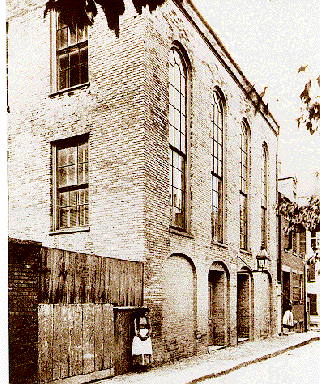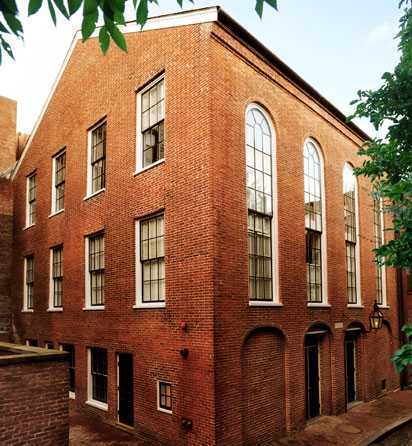In the spirit of Sankofa – an Ashanti metaphorical symbol that means reaching back to the knowledge of the past and bringing it into the present in order to make positive progress – we celebrate Black History Month throughout the month of February.
Face2Face Africa takes you through the 28-day journey by highlighting 28 landmarks in the United States that are significant to African American history. We start by exploring the African Meeting House in Boston.
The city of Boston, Massachusetts, United States, has had its own share of racial disturbances, civil rights, and protest activism.
From playing a major role in America’s slave trade history, Boston also recorded alarming rates of racial segregation in schools and other public places, with attendant violent protests by white supremacists.
The same city would later play a remarkable role in the abolition of slavery and become a rallying ground for many prominent black abolitionists such as Prince Hall – the father of black Freemasonry – and William Lloyd Garrison, founder of Liberator newspaper in Boston.

One can, however, not mention the revolutionary and abolitionist history of Boston without highlighting the African Meeting House. Built in 1806, the historic building is located at 46 Joy Street in Boston (Beacon Hill neighbourhood) and is the oldest, still-standing black church in the United States.
It was constructed by free black people who faced discrimination at white churches. Historical accounts state that black congregants were mostly not allowed to sit in the nave with white congregants or to vote in churches.

The Meeting House, therefore, served as a church, as well as a school for black children. Many black residents from the northern slope of Beacon Hill gathered at the Meeting House to worship and also plan political action.
Many of the soldiers who fought in the Civil War with the famed all-black 54th Massachusetts were recruited from the halls of the building, according to the MSNBC.

The 5,364 square-foot building also served as a venue for rehearsals for upcoming musical shows, debates, lectures, and more, as well as, a temporary refuge for fugitive slaves.
The African Society, founded as a mutual aid and charitable organization, met there. In 1826, the House was the site of the first meeting of the Massachusetts General Coloured Association, organized by black abolitionists.

Garrison would later organise black and white abolitionists for a meeting at the church to form the New England Anti-Slavery Society. The Meeting House also offered a platform to abolitionists like Fredrick Douglass who gave an anti-slavery speech there.
These historical figures gathered at the church to plan resistance to the Fugitive Slave Act of 1850 and an action to end the segregation of public schools.

By the late 19th century, black families that worshipped in the church had moved from the area and the African Meeting House was sold to a Jewish congregation, which used it as a synagogue.

The Museum of African American History acquired the historic building in 1972 and consequently restored its interior to its appearance in 1855.

The building, which is also known as the First African Baptist Church, was declared a National Historic Site in 1974.








